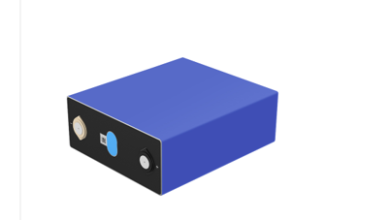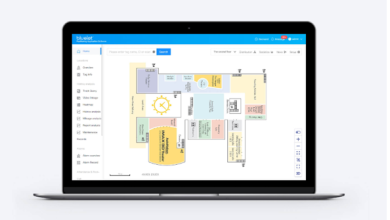Empowering Homes with Energy Storage Equipment: A Comprehensive Guide

Are you tired of being at the mercy of fluctuating electricity prices and power outages? Do you want to reduce your carbon footprint and take control of your energy consumption? Look no further to home energy storage! In this comprehensive guide, we will explore how energy storage equipment can empower homes by providing reliable, sustainable, and cost-effective energy solutions. From batteries to generators, we’ll cover everything you need to know about integrating energy storage into your home. Get ready to become an energy superhero!
How does home energy storage work?
One of the most exciting and important developments in FOXTHEON home energy storage is the growing number of devices that allow homeowners to store energy from their solar panels or wind turbines for use when needed. This can range from small batteries good for charging phones and tablets to large batteries designed to store Renewable Energy Credits (RECs), which are tradable credits that represent the environmental benefits of electricity generated from renewable resources like solar and wind.
The basic principle behind an energy storage system is simple: take energy that’s available now (like sunlight or wind) and put it to use later, when you need it. This could be when you’re not generating your own power (like at night) or when the price of electricity is high and you don’t want to pay extra for renewables.
There are a few different ways energy storage can work, but all have one thing in common: they rely on technology that already exists in homes and businesses. To get started with energy storage, all you need is a battery, a controller, and some software. The battery will take in power from the grid or another source (like solar panels) and store it as electrons until you want to use it. When you turn on the battery’s controller, your battery sends these electrons straight into the grid, where they’re used just like any other power source.
Benefits of Energy Storage
There are many benefits to installing energy storage equipment in homes, including increased security and independence, more efficient use of electricity, and reduced emissions. Here are some of the most common benefits:
Increased security and independence
Energy storage can provide reliable backup power for homes in times of grid outages or fluctuating prices, helping residents feel more secure and independent. It can also help reduce reliance on expensive utility bills.
More efficient use of electricity
A home with energy storage can use electricity more efficiently by storing excess solar or wind power when demand is low and releasing it when demand is high. This can save homeowners money on their monthly electric bill while also reducing carbon emissions from the electricity sector.
Conclusion
Thanks for reading our comprehensive guide to home energy storage! By incorporating energy storage into your home, you can take control of your power consumption and reduce your carbon footprint. Our guide provides everything you need to know about energy storage devices and how they work, as well as the benefits of using them in your home. If you’re interested in exploring this option further, be sure to check out our selection of batteries, controllers, and software. We hope that our tips have helped you learn more about this exciting new technology and put it to use in your own home. Thanks again for reading!




